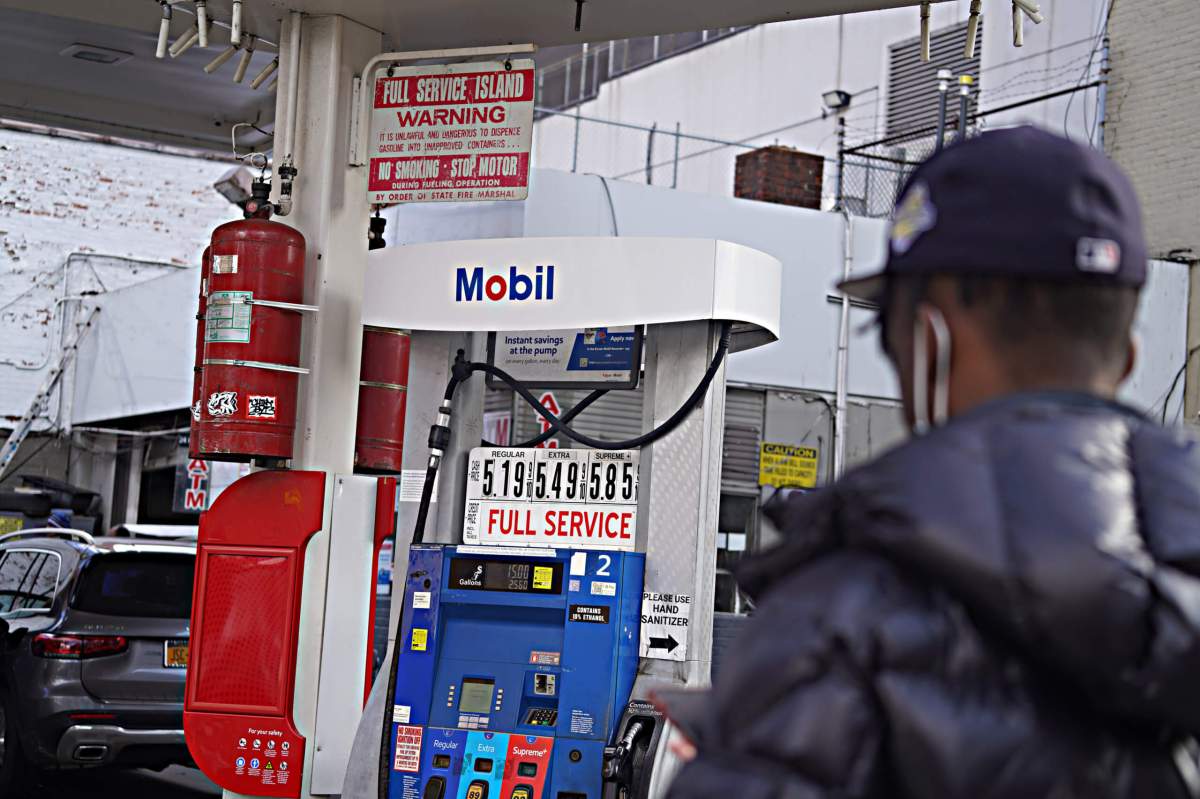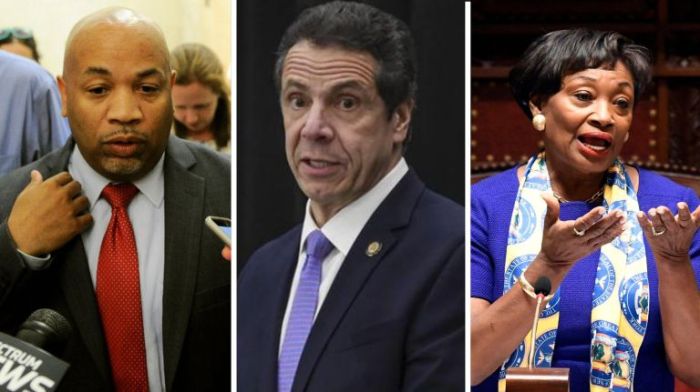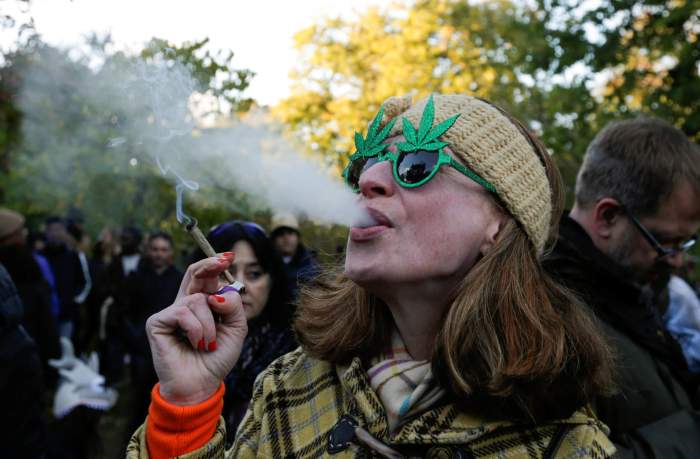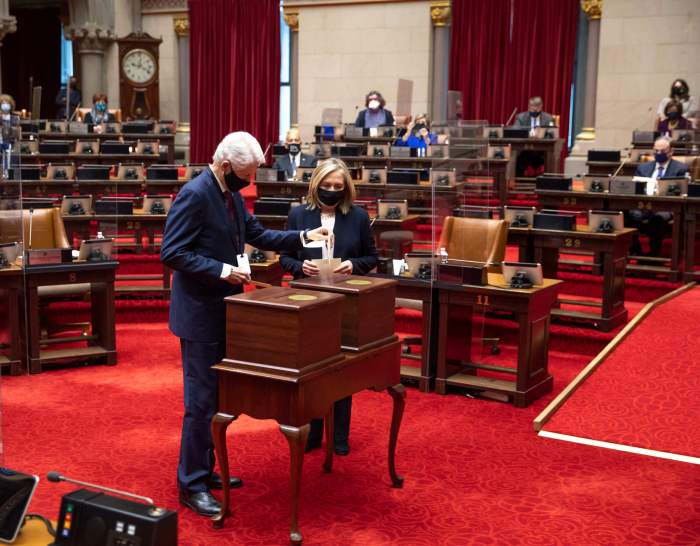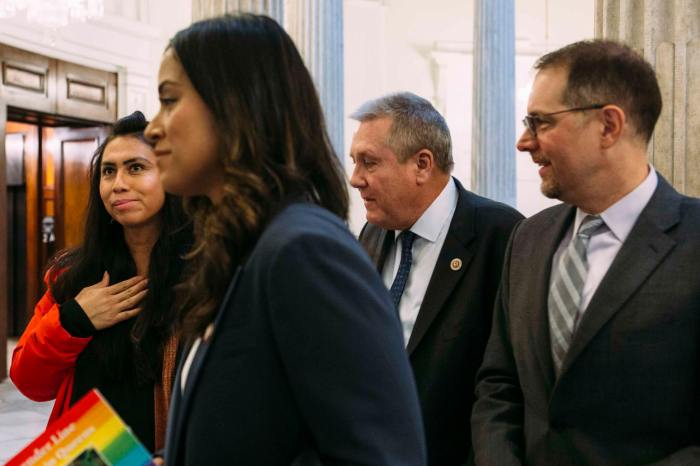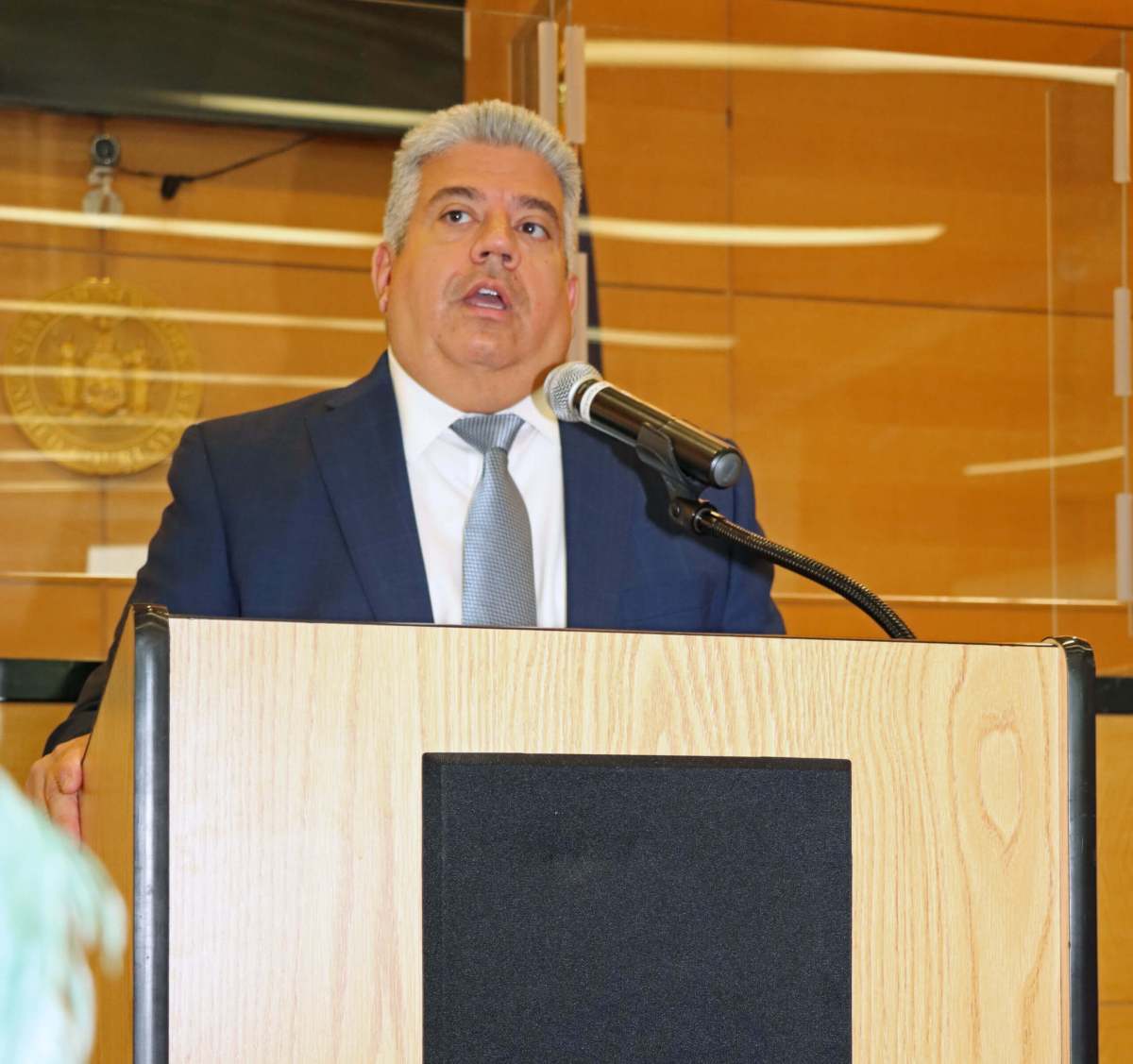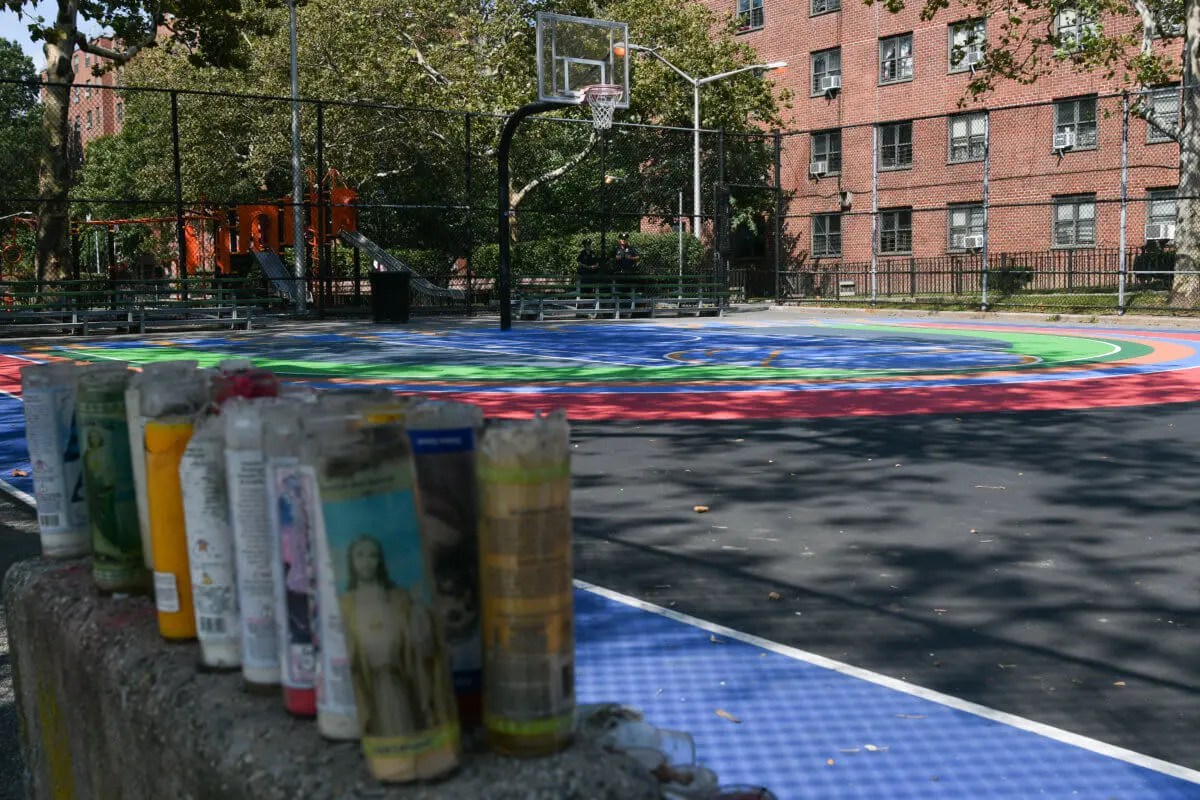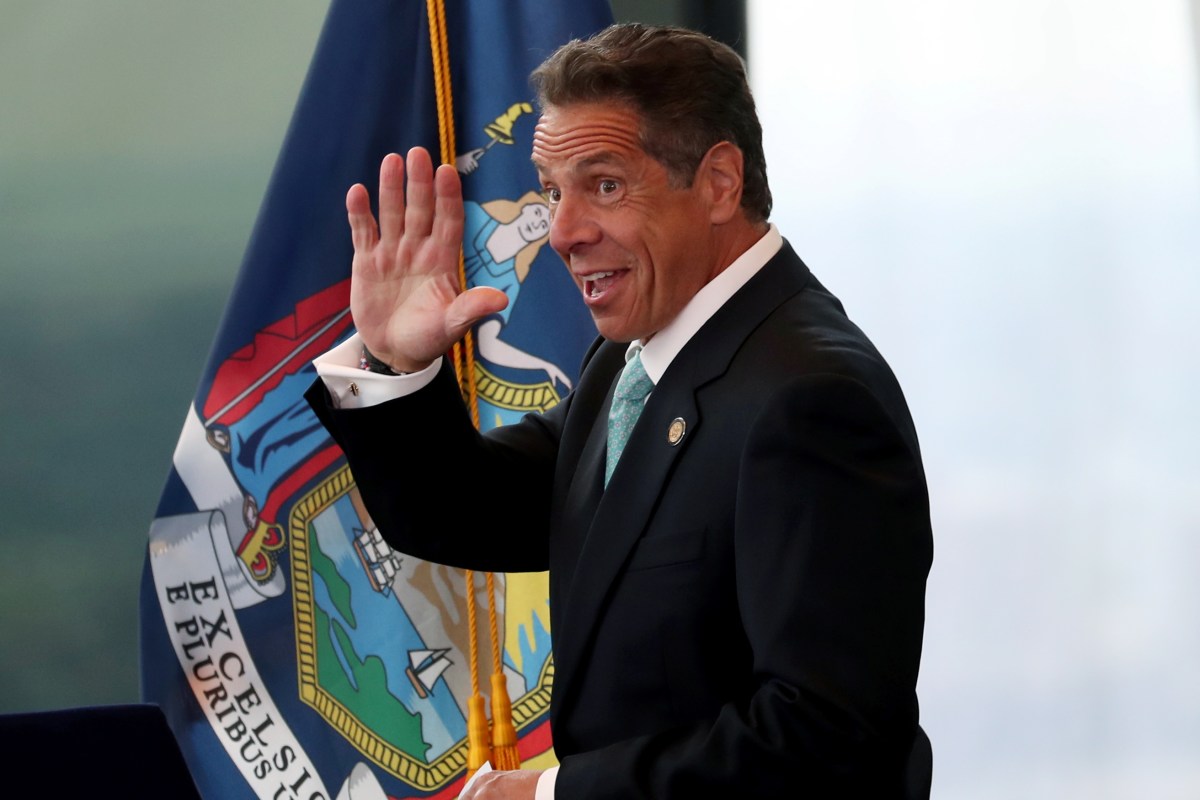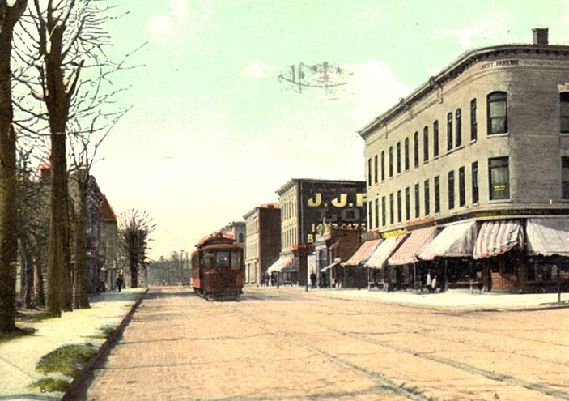With a deal on the full state budget finally in sight Thursday, New York lawmakers agreed to partially suspend the state’s gas taxes for seven months as part of this year’s spending plan.
Albany lawmakers and Governor Kathy Hochul hashed out the deal Thursday afternoon to institute a so-called gas tax “holiday” from June 1 through the end of the year to give drivers in the Empire State a break from rising prices at the pump.
New York taxes gas at about 33 cents a gallon and the proposal would cut 16 cents off of that rate, and the governor touted the discount as saving an estimated $585 million for people and businesses across the state.
“We have to look at our people where they are and meet them where they are right now at this time of great stress. This budget will put more money back in people’s pockets,” Hochul said during a press briefing in Albany late Thursday afternoon.
The governor will ask local governments to consider cutting their taxes on gas as well.
“The cumulative effect is very impactful for people as they go to the pump and have that sense of stress in their chest when they think about the cost of the gas as they try to figure out if they’re gonna be able to afford it for the day,” she said.
The scheme is part of several bills that will have to pass for the state’s $220 billion budget, with voting on the items expected to start in the state capital Thursday evening.
The massive fiscal plan is nearly a week late as Hochul and lawmakers have been negotiating behind closed doors about several controversial issues like rolling back bail reform and subsidizing the construction of a new Buffalo Bills stadium upstate.
However, transit advocates and good government groups slammed the suspension because New York City depends on hundreds of millions of dollars in motor fuel and sales tax revenues to fund its subways, buses, and commuter rails, as well as pay for road and bridge repairs.
Metropolitan Transportation Authority chief Janno Lieber estimated last week it could cost the agency $100 million this year, but said they were counting on a “dollar-for-dollar replacement” from the state.
The state’s comptroller will indeed dip into New York’s general tax coffers to make up for the losses, according to the budget bill.
But the plan still sets a bad example and could be hard to undo, said opponents, because the gas tax is supposed to discourage driving and use the money to fund more environmentally-friendly public transportation.
“A suspension of gas tax defeats the purpose of the gas tax, which is to incentivize use of mass transit and properly fund mass transit and help to repair roads and bridges that are used by car drivers,” said Rachael Fauss, a senior research analyst with the government transparency group Reinvent Albany. “Once a tax break is put in, it’s hard to roll it back.”
Even if the MTA gets reimbursed this year, the agency is facing down a $2 billion deficit once COVID-19 relief money from Washington runs out after 2025, and Lieber has been trying to lobby Albany to give him more money from other sources of revenue so they don’t have to cut service and hike fares to fill the gap as ridership remains well below pre-pandemic levels.
Meanwhile, the number of car drivers crossing MTA’s bridges and tunnels has resumed much closer to 2019 numbers.
“The gas tax holiday is a terrible idea,” said Lisa Daglian, executive director of the MTA’s in-house rider advocacy group, the Permanent Citizens Advisory Council (PCAC).
“Not only is [$100 million] a lot of money today, wait ’til 2025 when we’re looking under every couch cushion to find $25 million, to find $250,000,” she added. “If there’s $100 million, $200 million, available in the state budget to make up the difference this time, let’s take that money and put it in a lockbox for future operating revenue needs.”
Wealthier households tend to use more gas than those of lower-income, according to statistics from the Federal Highway Administration, and the majority of New York City residents don’t own cars.
“It’s disproportionately helping people who need it less and it sets a bad precedent for mass transit and how it’s funded,” Fauss said.
The MTA’s chief financial officer said that the suspension won’t negatively affect the agency’s wallet because of the other funding the state will set aside.
“Given inclusion of a ‘hold harmless’ provision designed to make the MTA whole, the proposed gas tax holiday will not have an impact on our financial plan or on revenues pledged to bondholders,” said Kevin Willens in a statement.



